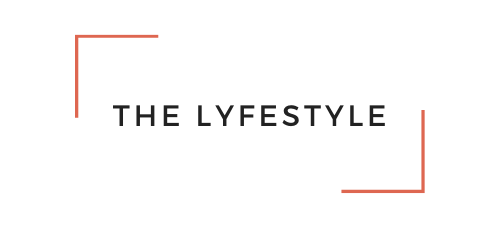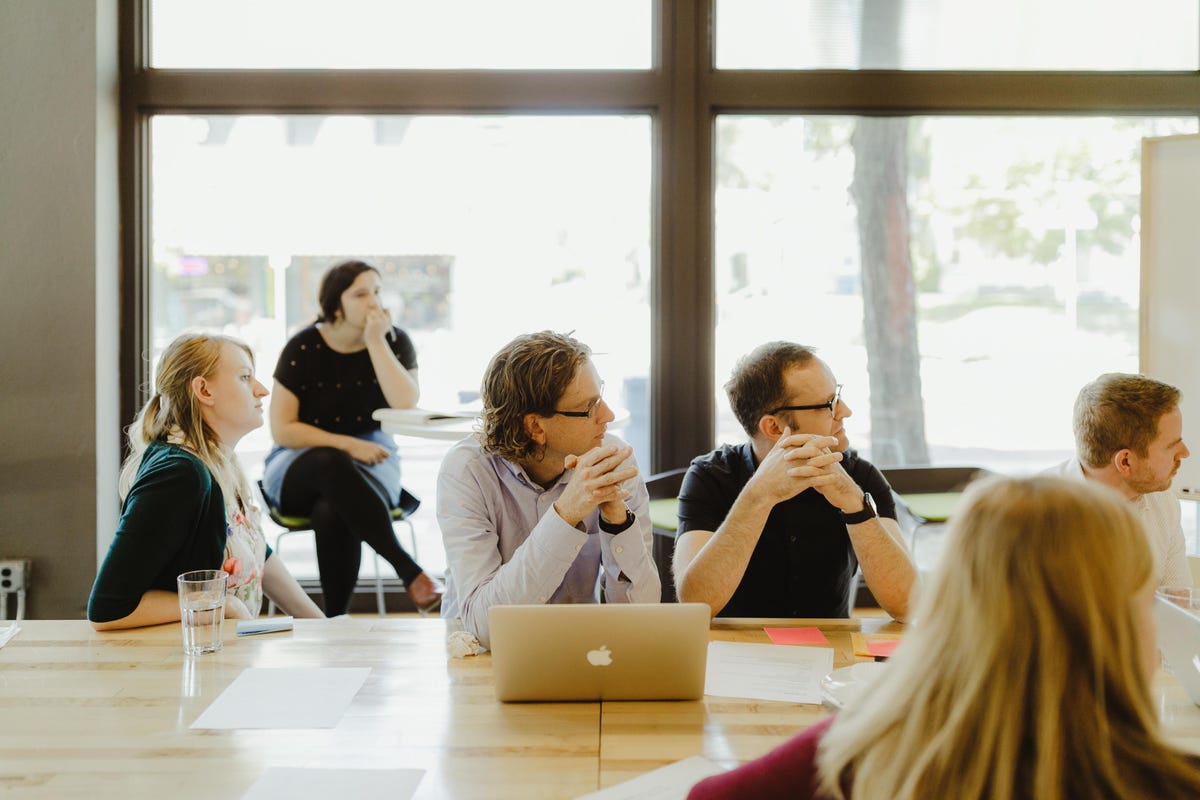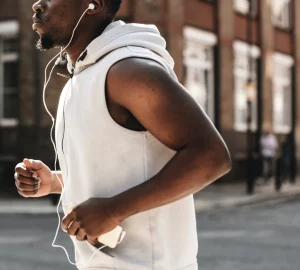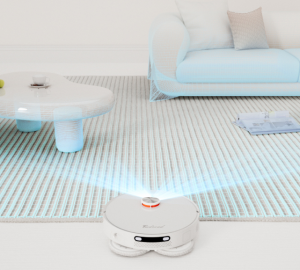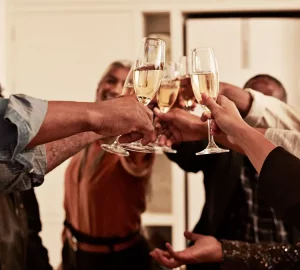We tend to talk about the pandemic as a collective experience. We went through this. We made it work. For the first time in history, everything about working changed for everybody. We were beamed up from our offices and into our homes one week in March.
Only it wasn’t collective. Each experience was singular. No one went through the same thing. For some of us, it was quieter, less anxiety inducing, easier. Kind of . . . nice, actually? For some of us, it was hell. Being in a tiny apartment downtown with two kids under the age of five is just not the same experience as having a dedicated second-floor office in the suburbs.
Instead, think of the past 18 months as a work project. In March 2020, your boss called you into their office and offered you an opportunity—one they were extending only to their most valuable, resilient, nimble people. It was called Project Whiplash. And it involved changing literally every aspect of your job except your duties and responsibilities. You were still expected to collaborate with people and produce at the highest level—you just wouldn’t be able to work near them. “I know you and Jayden like to bubble-tea it up around 3:00, but that’s over. You’re working from home starting tomorrow. And you’re not coming back till October. Of 2021. You in? There’s no time for mulling it over. You’re in! And it starts on Monday.”
Well, you’re 18 months into that project. And it was deeply weird, often awkward. You may or may not be going back tomorrow—or maybe you never really left. Oh, but the learnings! You learned so much—about how to work better and the value of connecting (and disconnecting) with colleagues.
You learned that there are advantages to Zoom, to having every meeting participant on the same plane, with the same audio latency. You learned how to speak more clearly, pointedly, efficiently. You learned to see yourself as others see you—that you smirk when you think you’re smiling or squint when you’re skeptical. You learned to give visual cues as a way to support a colleague. It turns out a slight nod is really affirming! You learned a lot about your coworkers. You saw them as whole humans. You saw their homes, their kids, their partners, their art, their plants, their guitars, their cereal boxes. You learned you work better with music. You learned you need to see people less than you thought. You learned you need a break at exactly 3:15 every day. Or maybe you learned the opposite of each of those things.
The point is: This was enlightening.
Also, you learned you can do this. And that you might want to keep doing this. A Gallup Panel survey in January found that 44 percent of Americans working remotely wanted to continue doing so when states began lifting Covid-19 restrictions. A Pew Research Center survey found that “among workers who are in the same job as they were before the coronavirus outbreak started, more than six in ten say they are as satisfied with their job no was they were before the pandemic and that there’s been no change in their productivity or job security.”
Was the project a success? That’s hard to say. But it was a rarer-than-once-in-a-lifetime opportunity to see our jobs from a remarkable distance.
As the project ends, a new one begins. You’re not going back, really. What’s waiting for you in this next phase of work is not the same. You’ve changed. Your colleagues have changed. Maybe your office has changed, too. No more assigned spaces. Instead, you’re “hot desking” (which is way, way less interesting than it sounds).
It’s not a return. It’s an integration. Your new project? Taking the best habits, hacks, and practices of your pandemic work life and bringing them with you to this new reality.
You set boundaries at home. You can set them at work. You were more efficient at home. You can be more efficient at work. You did deskside bodyweight exercises between the all-hands and the one-on-one with your boss on Tuesday. You can do that at work, too.
It’s going to be weird. It’s going to be intense. But if you do it right, it will feel like a promotion.




